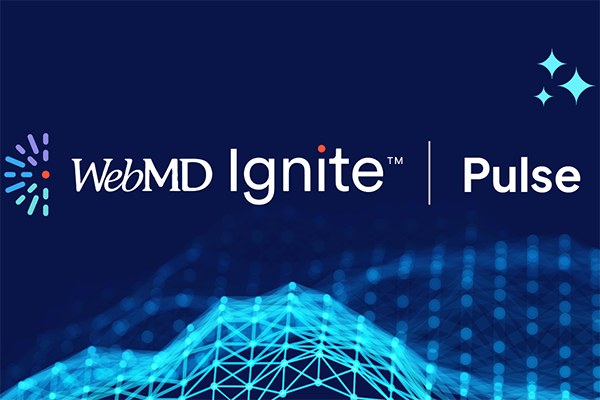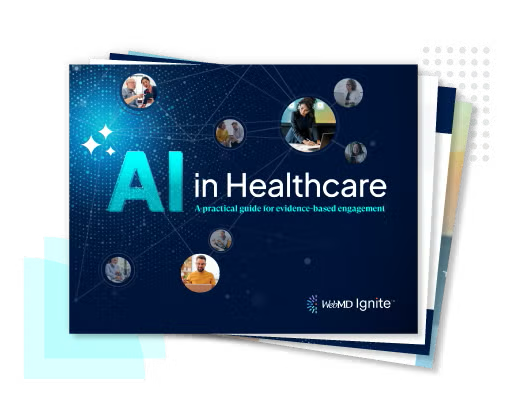Applying adult learning theories for effective patient education
When you were in school, the goal of education was simple: pass the test and get a good enough grade to move on. At least with health education, the point of adult learning is often very different: find the right information that will cause a change in behavior and, in turn, positively impact outcomes.
This can be much harder than passing a class. It’s safe to say that most American adults know that excessive weight gain is linked to poor health outcomes, and there is plenty of high quality information showing that moderate exercise and a relatively simple, healthy diet can help control weight. Yet we are still dealing with an obesity epidemic that is partly blamed for lowering life expectancies in some populations and contributing to widespread instances of heart disease and diabetes.
When it comes to creating educational programming, there are several theories of adult learning that can help guide program designers on how to create the most effective tools. These include:
Andragogy
Andragogy is based on the idea that adults bring prior experiences with them into the learning process, and these experiences weigh on how they retain information. Founded by Malcolm Knowles in the 1970s, the theory identifies six ways that adults learn differently than children:
- They are self-directed learners who create their own goals.
- They rely on their existing knowledge base and life experiences.
- They are goal-focused and prioritize information that is linked to a clear objective or outcome.
- They focus on relevant education that supports their existing goals.
- They are practical, as opposed to theoretical.
- They are collaborative and work best in teams with other adults.
Transformative learning
Transformative learning is rooted in the idea that learning often occurs very rapidly, in a series of “Aha!” moments that can fundamentally transform the way a person thinks of a subject. The goal in transformational learning is to create an environment in which the learner first recognizes that something needs to change, that making the change is directly relevant to the learner’s life, and that the learner has the freedom to reflect on the information and come to his or her own conclusions. Ideally, as the learner is guided through this sometimes disorienting process, they have a shift in thinking that changes the way they see something and results in a change of behavior.
Self-directed learning
According to some studies, up to 70% of adult learning is self-directed, defined as “a process in which individuals take the initiative, without the help of others.” Because it’s self-directed, this type of learning fits easily with most people’s lifestyles (they just make room for learning) and motivation isn’t an issue. The drawback, however, is that the learning process is only as effective as the person guiding it. Adults with low literacy, motivation, resources, or even confidence are at a disadvantage. To help facilitate self-learners, educators use approaches like self-assessments, making project planning tools available, and providing plenty of resources.
Experiential learning
Just like the name implies, experiential learning relies on the age-old idea that adults learn by doing, not by passively consuming information. There are many types of experiential learning, but all of them are united by the idea that adults who are actively engaged in hands-on education retain more than those who are exposed only to ideas or concepts.
Adult learning and patient education
There isn’t any single “right” theory on how adults learn—it depends on who the learner is, their motivation for learning, and the complexity of the information. Still, when designing patient education, there are some valuable lessons we can take from adult learning theory to help patients understand and retain, and then act on, their education:
- Put patients in charge of their own education as much as possible. This means giving them access to information in a way that lets them seek out new education or access education when they are ready for it.
- Show how this education can help them make a meaningful, positive change in their day-to-day lives. Adult learners are motivated when they can see the benefit.
- Provide a collaborative, supportive experience that allows patients to check in on their progress. Whether this means comprehension questions or teach-back moments from a nurse, it’s important to provide the learner with an opportunity to check their progress.
- Tie patient education back to goals whenever possible. This can be tricky, because there are many things that will be out of a patient’s control, but if the patient sets a goal (like reducing blood glucose or increasing exercise tolerance), they are more likely to make a meaningful change.
- Realize that not all adults learn the same way, and everyone brings their own background and knowledge. Effective patient education has to be able to reach all types of adults—from low-income seniors to highly educated professionals to people from all different cultural traditions—and provide them with the tools they need to build a foundation for better health.
Resources
- Andragogy Adult Learning Theory. Learning Theories. https://www.learning-theories.com/andragogy-adult-learning-theory-knowles.html
- Transformative Learning Theory. Learning Theories. https://www.learning-theories.com/transformative-learning-theory-mezirow.html.
- Adult Learning Theories. Office of Vocational and Adult Education, U.S. Department of Education. https://lincs.ed.gov/sites/default/files/11_%20TEAL_Adult_Learning_Theory.pdf.
- 3 Adult Learning Theories Every E-Learning Designer Must Know. Association for Talent Development. https://www.td.org/insights/3-adult-learning-theories-every-e-learning-designer-must-know




